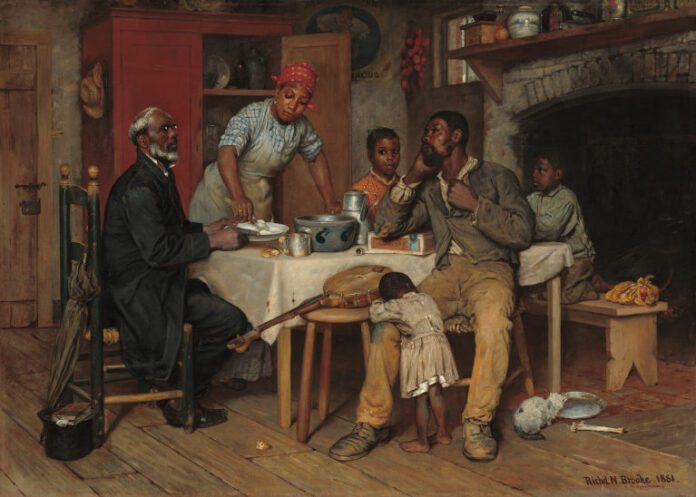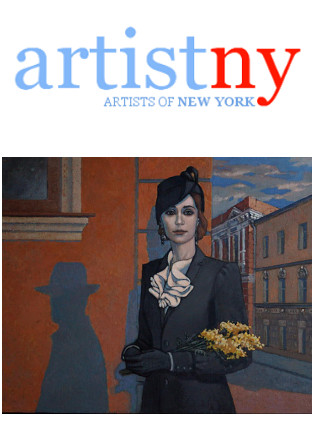When selling your artwork, it’s important to cast a wide net. Ask around first if there are any galleries in the area that specialize in what you have to sell and pick their brains for information. To find the best gallery for your piece, you should start by finding an art dealer with extensive knowledge of the local collection. After all, the art establishment is often smarter about good business than you are!
How to find a gallery that’s right for you
The only way to find a gallery that’s right for you is to go through galleries. This can be a time-consuming and risky process, but it’s necessary if you really want to get the best offer. Begin by going through reviews from other artists and look for one with at least five stars or high reviews. Look for certain qualities that make a gallery appealing. Some people prefer modern galleries with great lighting and comfortable spaces so art can be seen easily without the need for special lighting.
If you struggle to find the right gallery for you, it might be time to visit one of the many art fairs happening all around. You’ll likely see a lot of regional artists present their work in order to promote themselves and increase their sales, so it’s easy to sniff out galleries that don’t want anything more than your money.
First step: Find out who represents the style and quality of artwork you need. Select a gallery that’s local to where you live, or one that advertises itself at high-end venues throughout your region.
Second step: Contact multiple galleries. Examine their qualifications, including whether they are actively exhibiting artists similar to your style and take on a diverse range of styles in their exhibitions.
Questions to ask gallery owners
When looking for an art representative placement, it is important to ask questions about the type of work the gallery deals in and their policies. These questions can help both parties understand what to expect and can keep an artist from wasting time with an inappropriate eager-to-sell gallery.
As a consumer, you always want to make sure that the person who represents your painting is committed. You wouldn’t trust your artwork with just anyone. Because of this, there are questions you can ask the gallery owner to ensure that they have integrity and know what they are talking about. Gallery owners often want to understand what type of work a gallery represents before they accept the sale. The store is not only investing in art pieces but also in an artist. Questions to ask when interviewing a potential gallery include: “How do you rate their ability as a professional artist? What kind of demeanor are they off?” More importantly, it’s imperative to see the gallery owner’s studio space. There should be some type of portfolio presence to get an idea of what it’s like working with your new gallery.”
Finding the right appraiser
Appraisers assess the value of your artwork. It can range anywhere from a couple hundred to upwards of six figures. In the world of appraising, credentials are everything. Save yourself a lot of time by finding an appraiser with qualifications you are familiar with; if a person seems like they don’t have the credentials necessary for your appraisal, be wary and find someone who does.
Appraisers are experts in the field who have immense knowledge of the material that they assess. Appraisers claim to understand changes in materials over time, being able to identify what materials best suit a particular art project. Without the expert opinion, it is often hard for people without the knowledge or expertise to correctly apply their skills to appraising their artwork.
Discovering the best individual to appraise your artwork for a buyer can take time and effort on your end. Do not simply let your art go to an unnamed person or trusted advisor without you first establishing for yourself which individuals are qualified to appraise it. There a number of people who do this professionally and they will provide you with one that they feel is particularly skilled at their job. When you find an individual, keep in mind that you’ll still have procedures in place to make sure everything is properly covered if things don’t go smoothly, like if the appraiser leaves the company suddenly or never appears at all.
Art market as it relates to intimate artwork
When it comes to personal artwork, there are two markets for buyers. The first market is those who want to buy the art for themselves, like a print from an artist’s portfolio or memory card of photographs taken by an enthusiast. The other market are collectors and private sellers who seek to set up exhibitions and sell their pieces in galleries or online.
The identity of the artists who have sold paintings over the years have remained unknown until now, as most oeuvres remain unpublished and unlicensed.
There are two sides of the art market, with hard-core collectors hocking only their most privately coveted pieces and galleries devoted to both highbrow and lowbrow aesthetics. While the scene for paintings, sculpture, and drawings sold publicly is still new on the market, intimate artwork has been around for a while. What does it mean?
Choosing a gallery and dealing with difficult decisions made when choosing an artist
When people think about finding artwork, they often think about what kind of art is appropriate for the space that they’re in and which art would look best hanging on the wall. However, there’s also a decision to be made about where the artwork is going to be hung and who may have access to it. It’s important to choose an artist who has reputable gallery connections if you want your artwork showcased in curated settings like museums and galleries
If you decide to decorate your living room with one of your paintings, there is of course a good chance that someone else might see it or have a similar idea and put their own thoughts out into the world. Scanning various galleries is your best bet when trying to find an artist who will understand how important your artwork is to you, and doesn’t favor commercialization.



